[img]http://vesti.kg/dаta:image/svg+xml;base64,PHN2ZyB4bWxucz0iaHR0cDovL3d3dy53My5vcmcvMjAwM...
At the summit, which will take place in Washington, a meeting is expected between U.S. President...
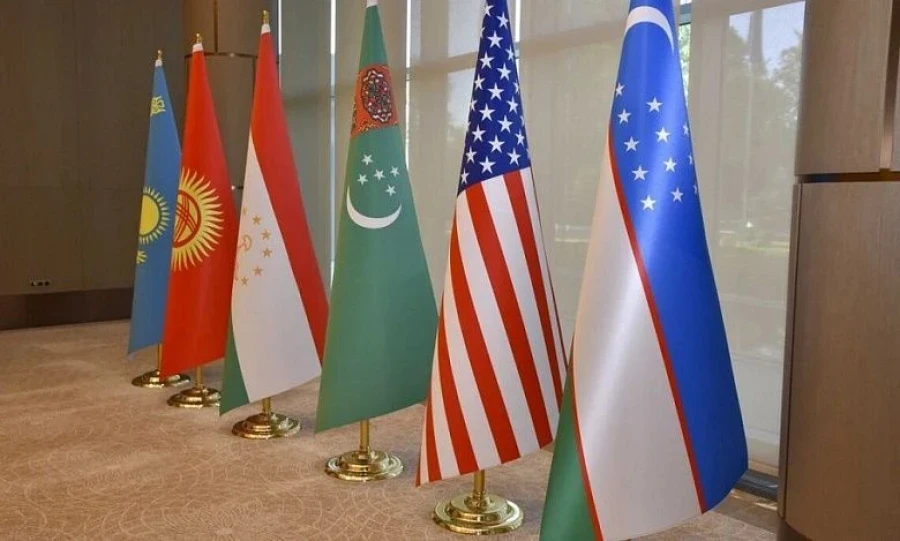
The heads of state of Central Asia have received an invitation from the President of the United...

This year marks the conclusion of the cooperation project between Japan and Kyrgyzstan for the...
On October 24, a meeting of the National Council for the Development of Virtual Assets and...
[img]http://vesti.kg/dаta:image/svg+xml;base64,PHN2ZyB4bWxucz0iaHR0cDovL3d3dy53My5vcmcvMjAwM...
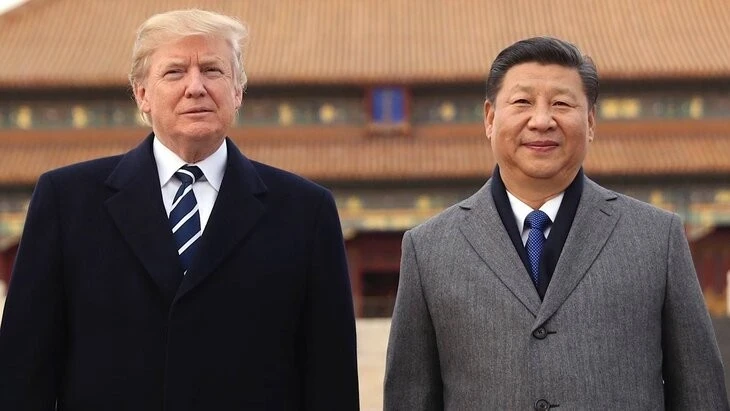
Illustrative photo // TASS On October 30, a meeting will take place in Busan, Republic of Korea,...
- Sadyr Japarov opened the new building of the National Bank of the Kyrgyz Republic on October 28....
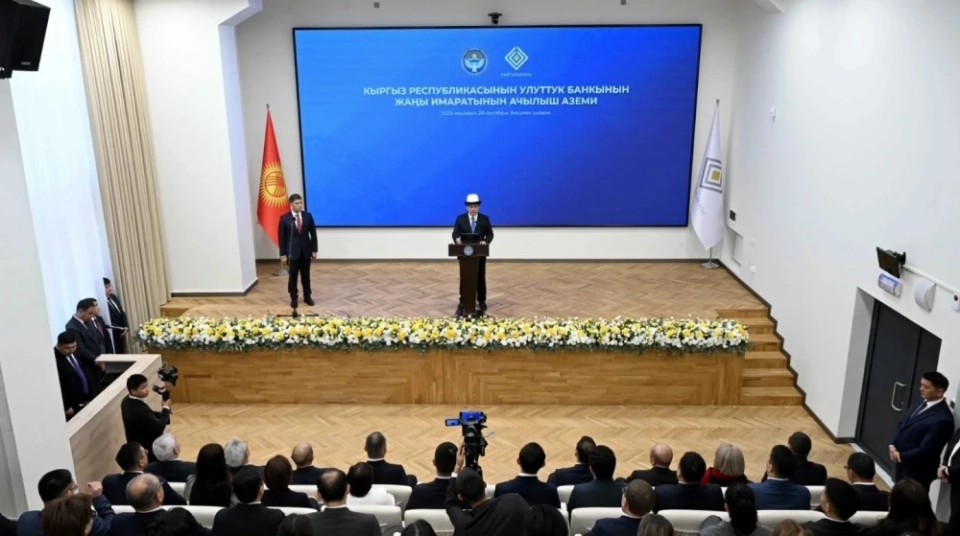
At the opening ceremony of the new building of the National Bank in Bishkek, the President of...

Central Asia has once again found itself in the spotlight of leading regional and non-regional...

The Kyrgyz cultural project Silk Road Fest has unofficially been recognized as the best and has...
On October 23, the countries of the European Union officially approved a new package of sanctions,...

Foreign Ministers of Central Asia Discussed Security Issues in the Region The foreign ministers of...
On the TV channel "Russia 1," Dmitry Peskov, the press secretary of the President of...
The IMF has presented its growth forecast for economies around the world, including the Middle East...
This week, a meeting is expected between the presidents of the United States and China, during...

After the denunciation of agreements on the construction of hydropower plants in Kyrgyzstan by...
President Sadyr Japarov approved the Law "On the Ratification of the Agreement on a Unified...
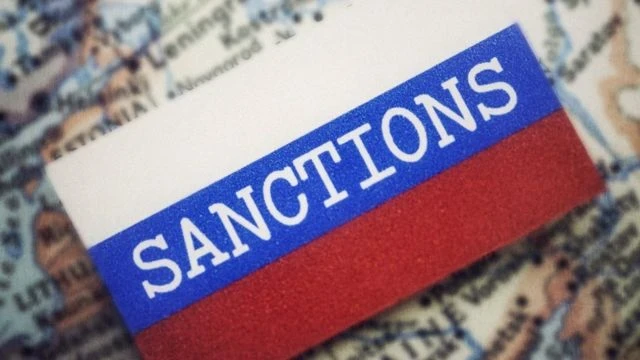
It is reported that the European Union has imposed a ban on financial transactions with a number...

Approximately 80 million tons of uranium waste are located in the tailings of some countries in...
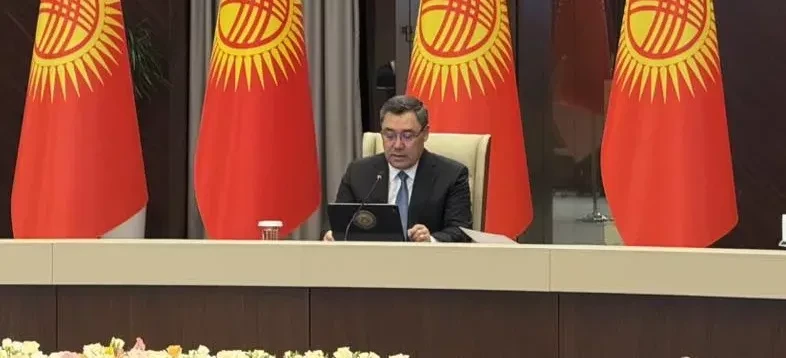
The President continued that more and more countries are making strategic decisions regarding the...

Today, March 16, 2015, President of the Kyrgyz Republic Almazbek Atambayev met with President of...

U.S. Secretary of State John Kerry is concluding his Central Asian tour this week, having visited...
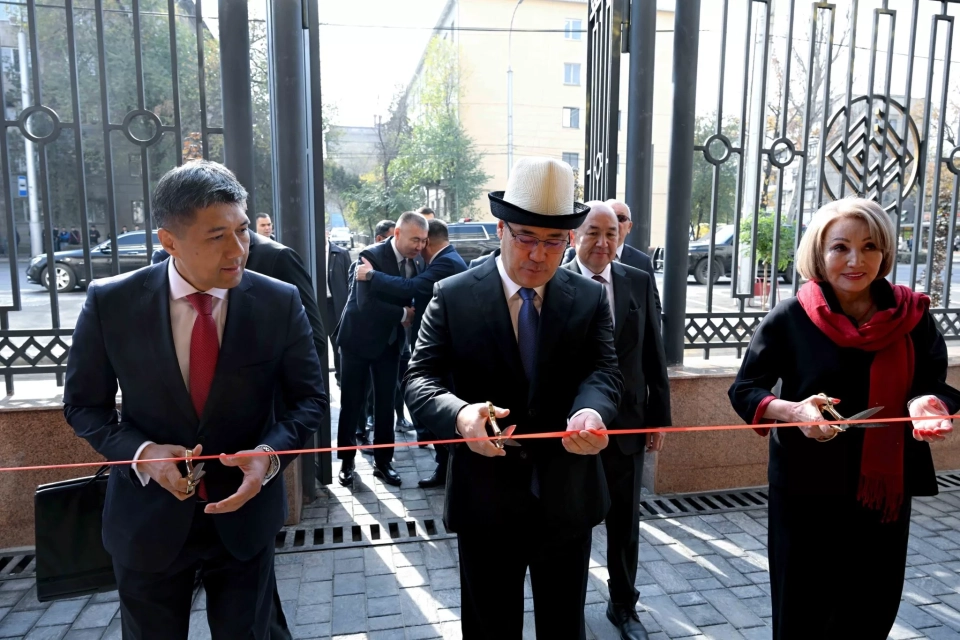
In his speech at the ceremony, the president noted that the opening of the new building marks the...

By 2050, the population of Central Asia will reach 96 million people. This represents an increase...
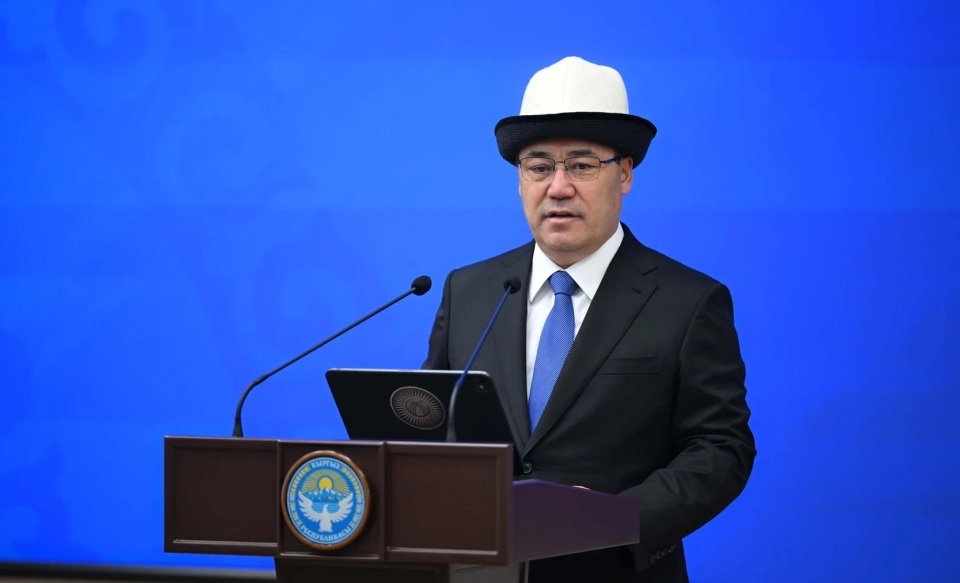
At the opening ceremony of the new building of the National Bank in Bishkek, the President of...
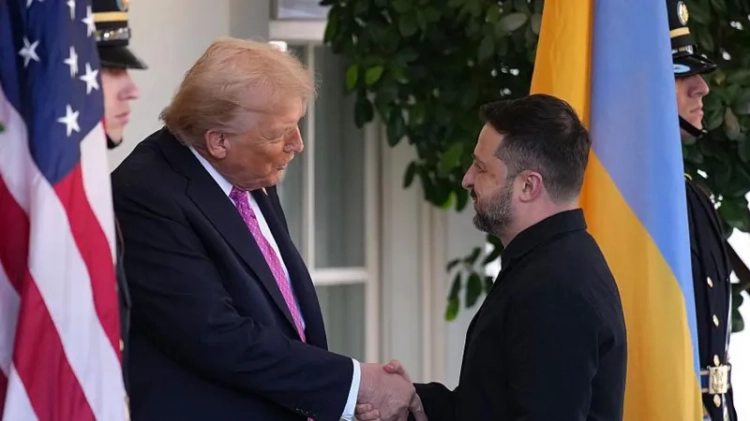
After the meeting, Zelensky noted that he and Trump discussed issues related to missiles but...
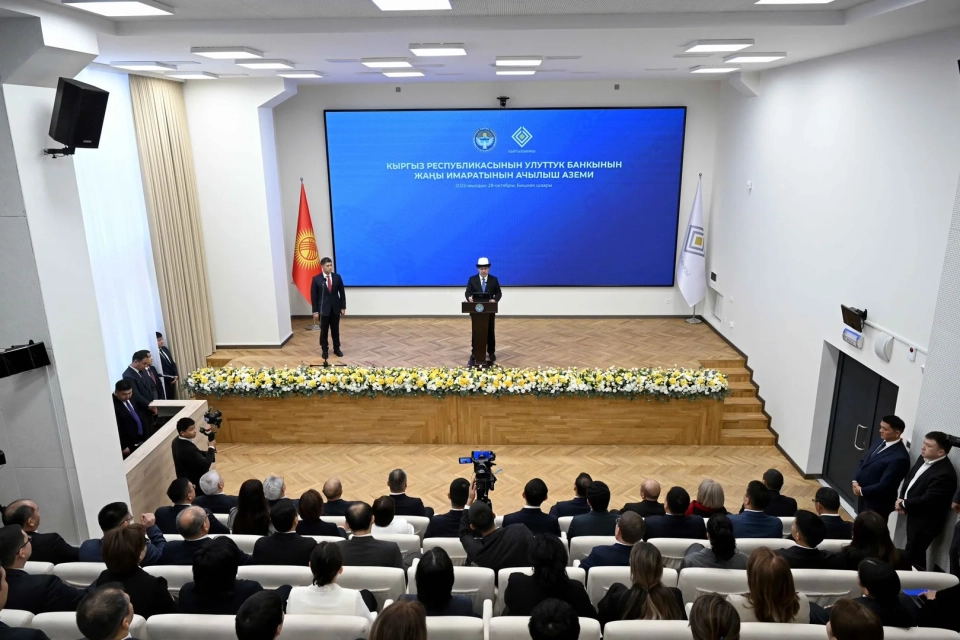
During the opening of the new building of the National Bank in Bishkek, the President of...
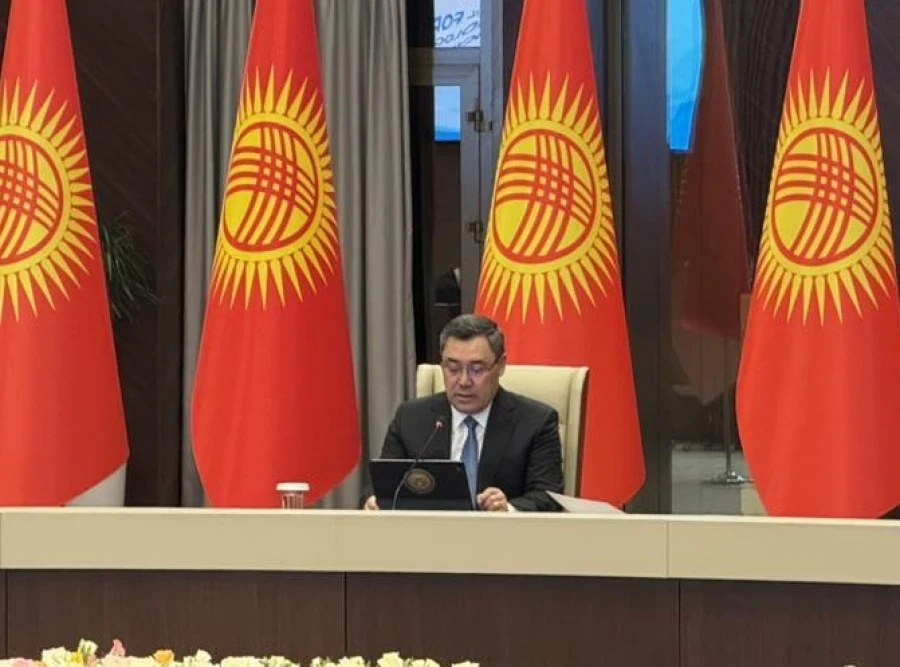
“Investment in knowledge and training of personnel for work in new conditions is necessary”...

Kyrgyzstan will join the Customs Union and the Eurasian Economic Union in 2014 On Monday, a...

Kyrgyzstan borders Kazakhstan, Uzbekistan, and Tajikistan — friendly states that are close in...
From October 29 to 31, 2025, the International Municipal Forum of BRICS will take place in St....
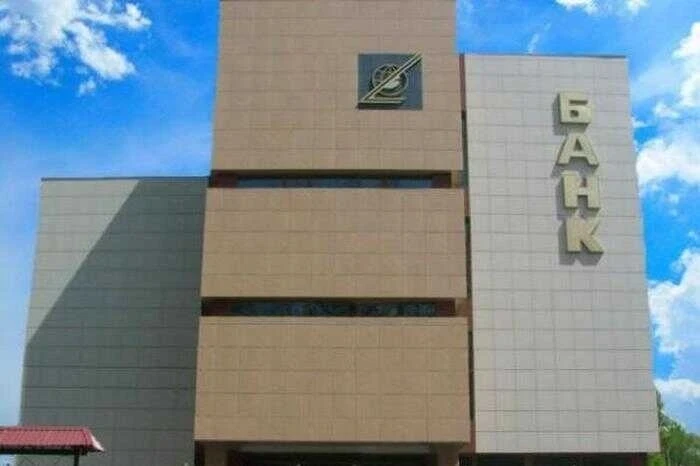
On November 12, a new package of sanctions from the European Union will come into effect,...
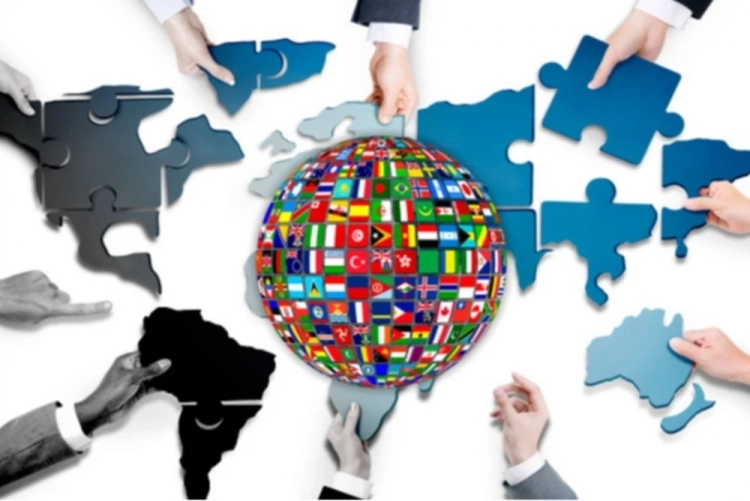
At the event, which will take place on October 24, experts from Russia and other countries will...
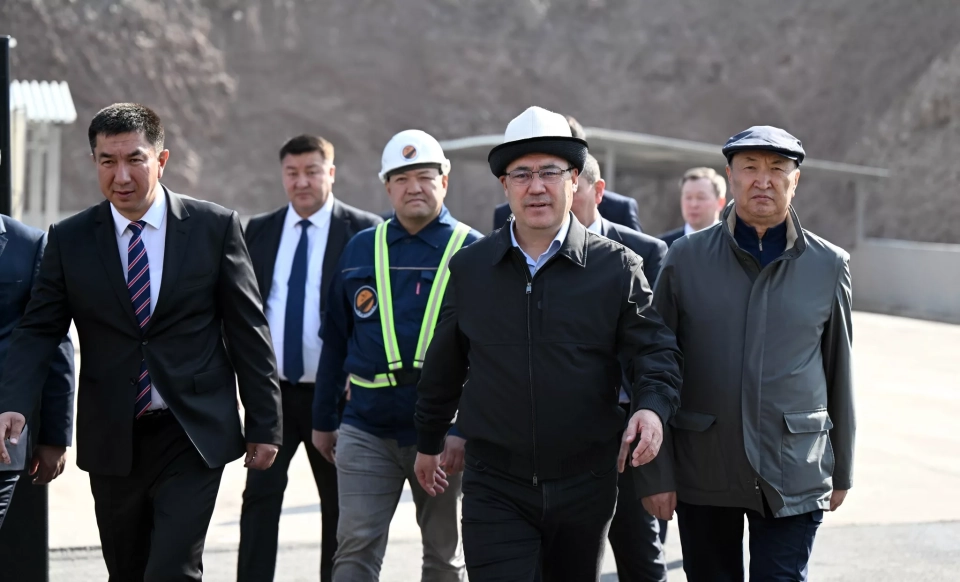
According to information from the president's press service, the hydropower plant was built...
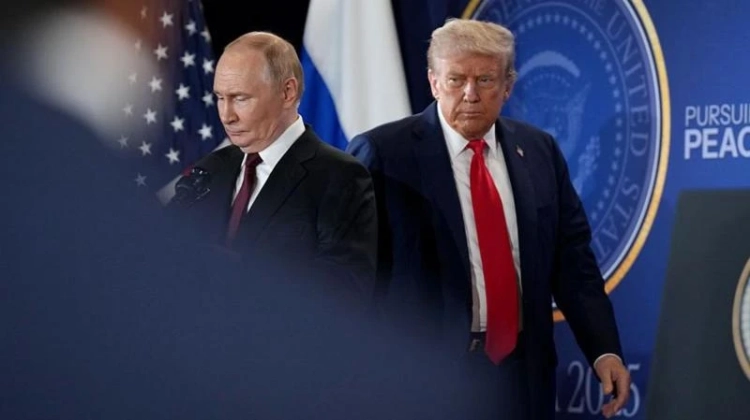
US President Donald Trump has canceled the meeting with Vladimir Putin that was scheduled to take...
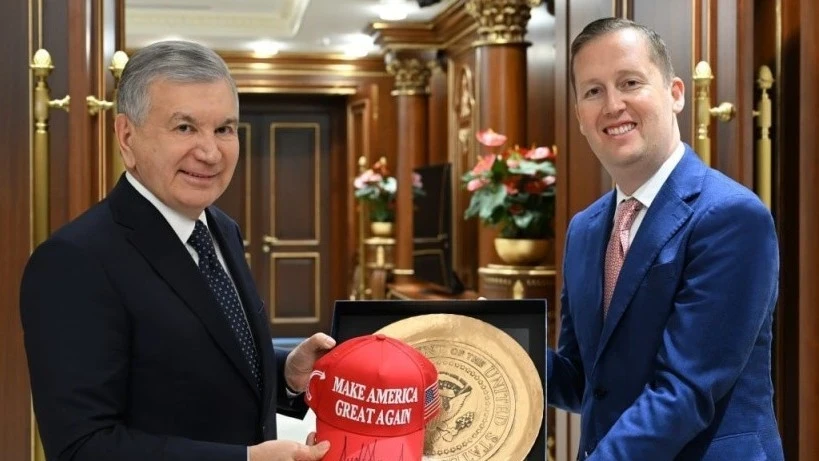
The President of Uzbekistan, Shavkat Mirziyoyev, held a meeting with a delegation from the United...
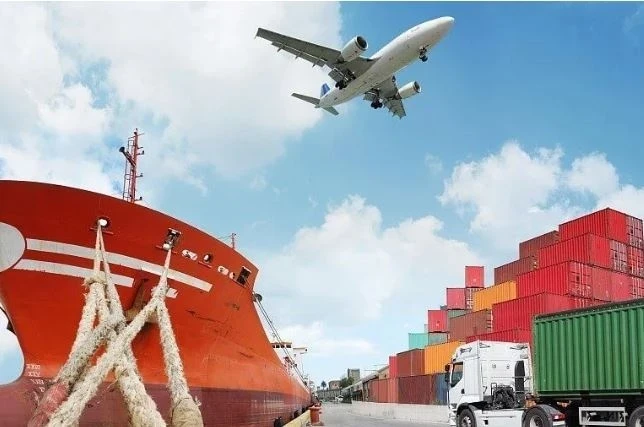
In his article, Belov pointed out that significant changes occurred in the freight transportation...
On October 28, President Sadyr Japarov inaugurated the new building of the National Bank of the...
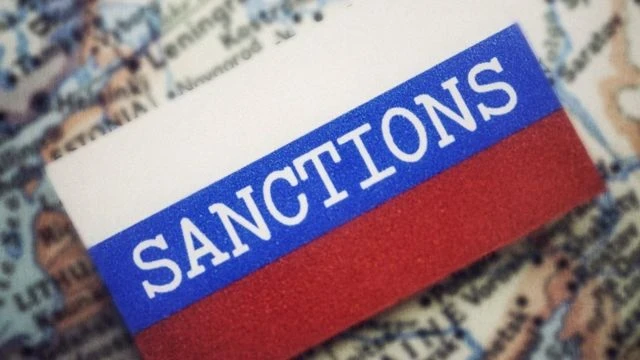
At the summit held in Brussels, the leaders of the European Union countries approved the 19th...
- On October 23, analysts from the Eurasian Development Bank (EDB) presented their findings on the...

Kyrgyzstan is terminating the agreement with the Russian Federation on the construction of large...
[img]http://vesti.kg/dаta:image/svg+xml;base64,PHN2ZyB4bWxucz0iaHR0cDovL3d3dy53My5vcmcvMjAwM...

Recently, a ceremonial opening of the Chinese Corner took place at the Central Scientific Library...
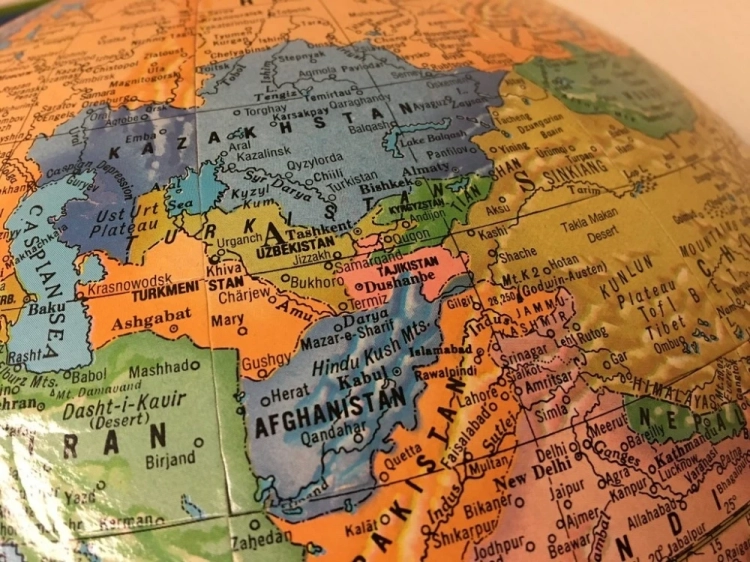
Central Asia has significant geo-economic potential for India due to its strategic location, which...